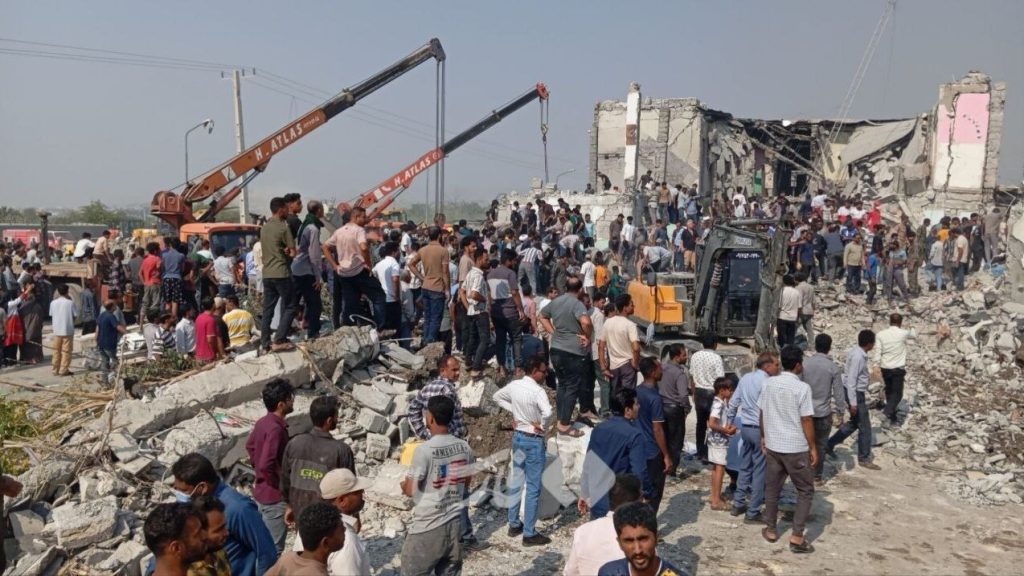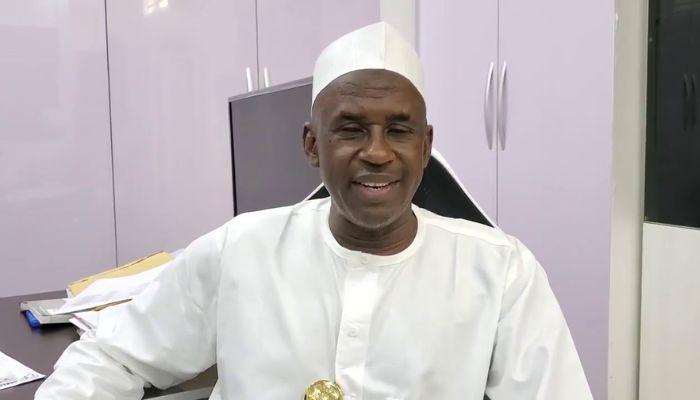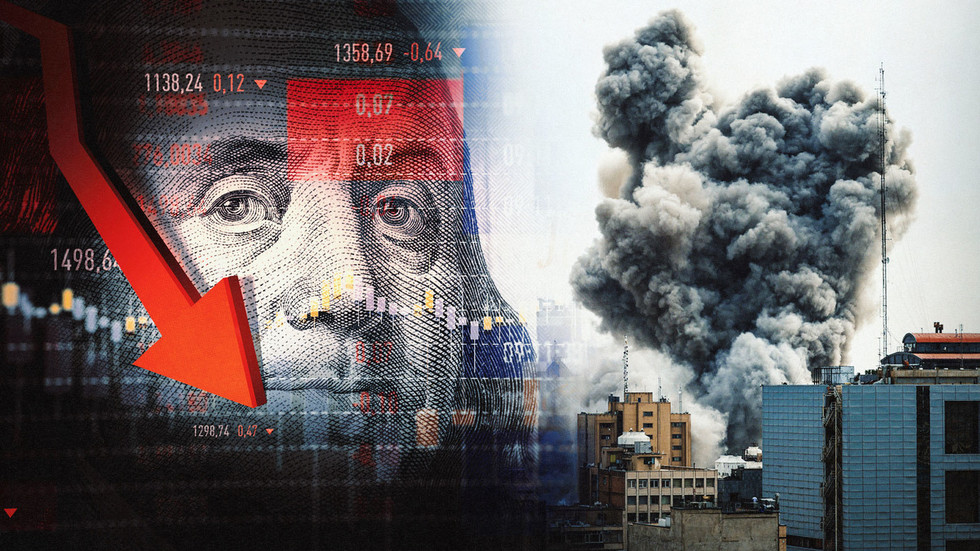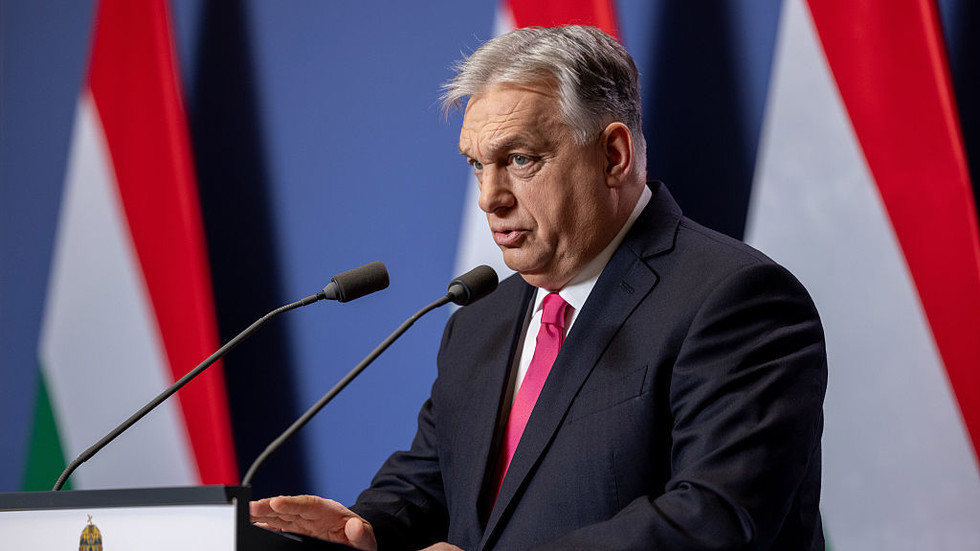A coalition led by Sudan’s paramilitary Rapid Support Forces (RSF) has declared the formation of a rival administration, escalating tensions with the Sudanese army amid a 27-month war that risks fracturing the nation. The RSF, commanded by General Mohamed Hamdan Dagalo — widely known as Hemedti — unveiled the 15-member presidential council during a press conference in Nyala, Darfur, a region largely controlled by the paramilitary group. Dagalo was named head of the council, with Abdel Aziz al-Hilu, leader of the rebel Sudan People’s Liberation Movement-North (SPLM-N), as his deputy. Civilian politician Mohamed Hassan al-Taishi was appointed prime minister, alongside regional governors for areas under both RSF and army influence.
The move directly challenges Sudan’s military-led government, which has labeled the parallel structure illegitimate. Army chief General Abdel Fattah al-Burhan, who has vowed to continue fighting until the RSF is defeated, recently consolidated his own authority by appointing a prime minister and cabinet for the first time since a 2021 coup. The bitter rivalry between Burhan and Dagalo, once allies in ousting dictator Omar al-Bashir in 2019 and later sidelining civilians in a joint coup, has plunged the country into one of the world’s worst humanitarian crises, according to the United Nations, with half the population facing famine.
Fierce battles persist in strategic regions, including central-western Kordofan and al-Fashir, Darfur’s traditional capital, even as the army claims to have pushed RSF forces from central Sudan. Analysts warn the creation of competing governments could deepen territorial divisions, particularly after the RSF and allied groups announced plans in February to establish a secular “New Sudan” — a vision condemned by the military as a bid to legitimize foreign arms procurement and fragment the state.
Both leaders now face international isolation. The U.S. sanctioned Burhan in January for allegedly prioritizing military action over peace talks, while the International Criminal Court accused Dagalo of genocide in Darfur earlier this year. Despite these pressures, neither side shows signs of backing down. The RSF’s governance claims extend to regions under army control, further complicating prospects for unification.
The conflict’s roots trace to the 2021 coup, which derailed a fragile transition to democracy and reignited disputes over integrating RSF fighters into the regular army. Millions have been displaced, infrastructure destroyed, and aid agencies warn of catastrophic hunger levels. As both factions entrench their positions, fears grow that Sudan’s war — already a regional destabilizer — may evolve into a protracted partition, leaving civilians trapped between competing regimes and desperate for a resolution.



